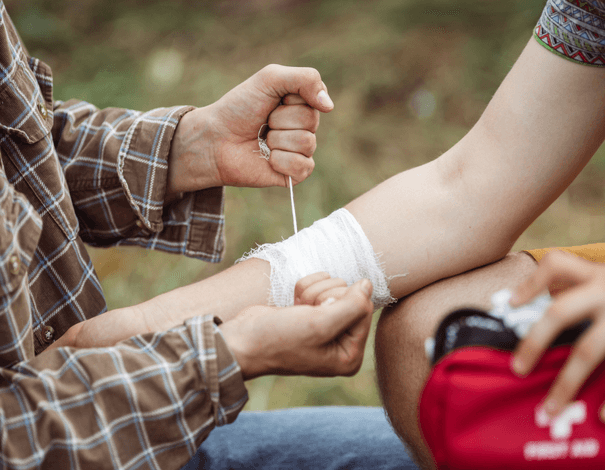TRAVEL HEALTH
Whether you travel for fun or for work, taking a few simple measures could spare you from finding yourself in situations that may put the health of you or your family at risk.
Your pharmacist can help you getting ready for your trip.
SERVICES FROM YOUR PHARMACIST
Several services* related to travel health are offered in pharmacy :
- Travel vaccines such as hepatitis & traveler's diarrhea.
- Medication prescription for travelers.
- Advice on over-the-counter medication.
- Prescription list and review for customs.
- Advice on insect stings and bites prevention (malaria, lyme, sand fleas, etc.)
*These services are offered at participating pharmacies only.
HOW TO PREVENT MALARIA
Malaria is an infectious disease caused by a parasite that is possible to catch by a mosquito bite.
There are however ways to protect yourself and your family from this infection.
ADVICE ON OTC MEDICATION
If you don’t know which over-the-counter medication to choose to relieve your symptoms, don’t be shy to ask your pharmacist!
TRAVEL VACCINATION
Depending on your destination, some immunizations should be considered before and after your trip for maximum safety. Make sure to book an appointment several months in advance to ensure you are fully immunized.
PERSONALIZED TRAVEL KIT
Questions on mosquito repellent, sunscreen or rehydration solution? Your pharmacist can help you pick the best products for your personalized travel kit.
The pharmacy services presented in this section are offered by pharmacist owners who are affiliated with Proxim. The pharmacists are solely responsible for the professional activities carried out during the practice of pharmacy. These services are offered in participating pharmacies only. Certain fees and conditions may apply.
* The information contained herein is provided for informational purposes only and is not intended to provide complete information on the subject matter or to replace the advice of a health professional. This information does not constitute medical consultation, diagnosis or opinion and should not be interpreted as such. Please consult your health care provider if you have any questions about your health, medications or treatment.








